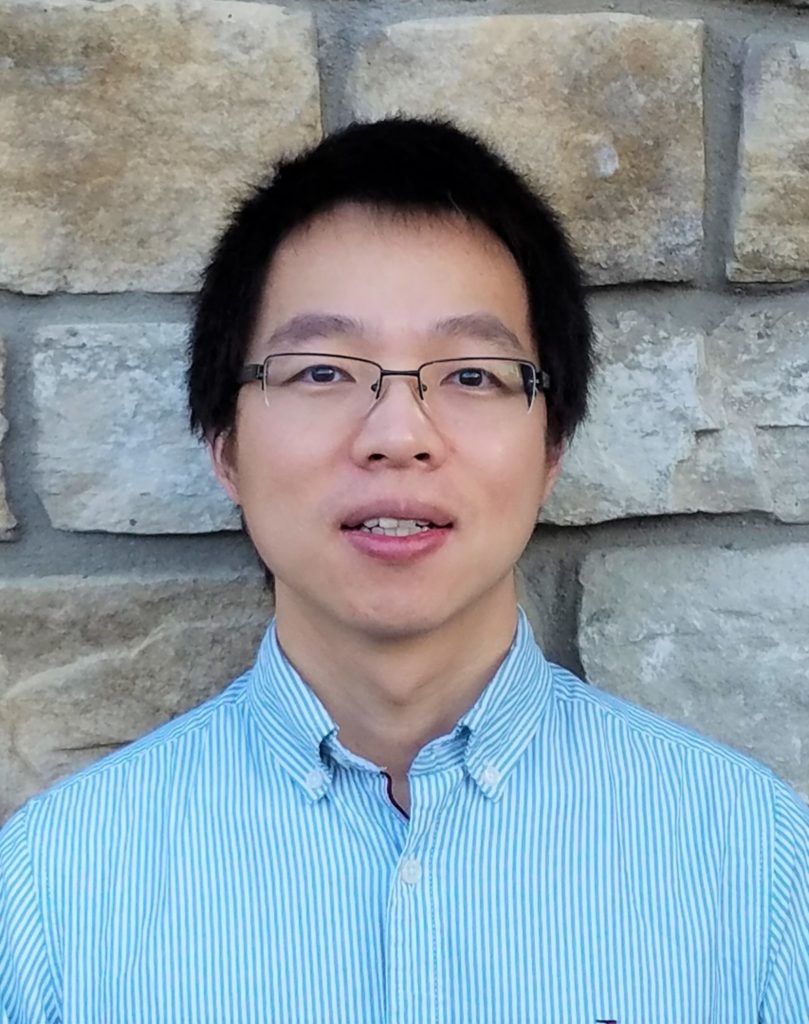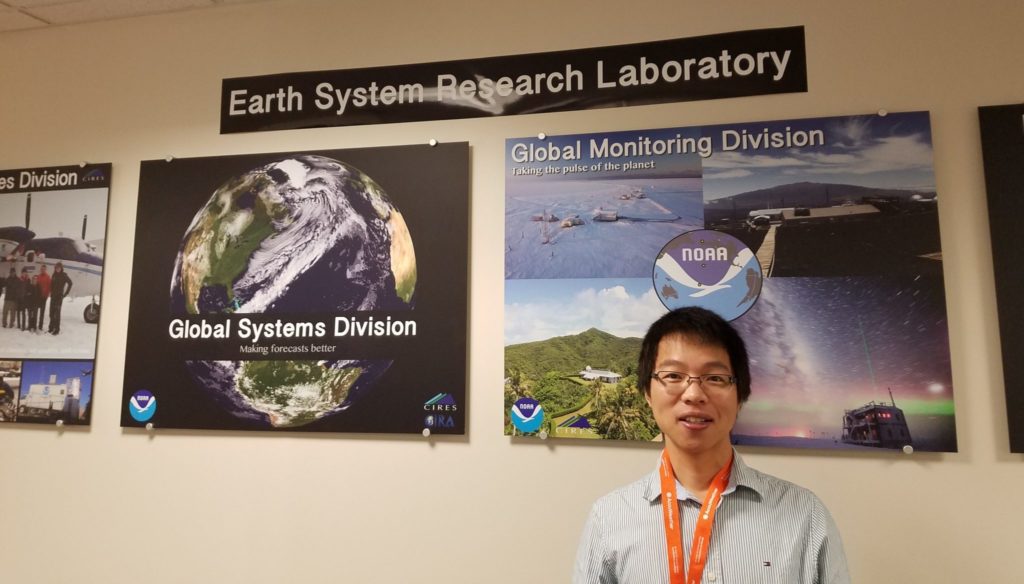
Haonan Chen, the newest faculty member in the Department of Electrical and Computer Engineering, feels right at home at Colorado State University.
The two-time electrical engineering alumnus (M.S. ’13, Ph.D. 17’) came to CSU in 2010 to pursue his interest in radars and remote sensing under the guidance of University Distinguished Professor V. Chandrasekar – and he never looked back.
Now, with a decade of combined experience as a researcher at CSU and the National Oceanic and Atmospheric Administration, Chen has returned to his alma mater to teach future generations how to use engineering principles and technologies to shape a better world.
“I really enjoy the collegial environment here … it feels like home,” Chen said. “Our faculty are among the best in the world in their areas, and I am honored and excited to use my background to build on the strengths of the department.”
Using artificial intelligence to study the water cycle, improve weather forecasting
As an assistant professor of Electrical and Computer Engineering, Chen will develop courses and research programs at the intersection of data science and remote sensing. “I am excited to teach classes, supervise graduate students and facilitate artificial intelligence applications and multidisciplinary big data analytics in both the classroom and lab,” Chen said.
He joins fellow ECE faculty, atmospheric scientists and other researchers across campus who are converging to study the climate and how it is changing.

“The role of data engineering is becoming increasingly important in the study of water resources and climate change,” said Tony Maciejewski, ECE department head. “Haonan’s expertise in artificial intelligence and remote sensing makes him uniquely suited to advance our efforts to uncover new knowledge about weather, water and climate.”
From improving weather forecasting to furthering the understanding of the Earth’s natural water cycle, Chen’s work draws on advanced machine learning techniques – a branch of artificial intelligence – to model, process and glean meaningful insights from mountains of data collected by radars and satellites around the globe. His research interests range from radar and satellite observations of natural disasters to big data analytics to multiscale hydro-meteorological data fusion in smart city applications.
In his most recent position as a research scientist at NOAA, Chen was instrumental in the Advanced Quantitative Precipitation Information program – a partnership to improve prediction of hazardous weather and flooding events in coastal and complex urban environments.
Chen earned his bachelor’s degree in electrical engineering from Chongqing University of Posts and Telecommunications in 2010. Already in his young career, he has published 35 journal papers – 26 in the last three years. In 2019, Chen received the American Meteorological Society Editor’s Award and the Research and Service Award from NOAA and the Cooperative Institute for Research in the Atmosphere, or CIRA.
When he’s not analyzing weather and the atmosphere through the lens of engineering, Chen enjoys exploring the Earth’s natural wonders in the great outdoors. In addition to climbing and hiking Colorado’s highest peaks, he loves spending time in his nearby surroundings. “I cannot think of a better place to live than Fort Collins,” he said.